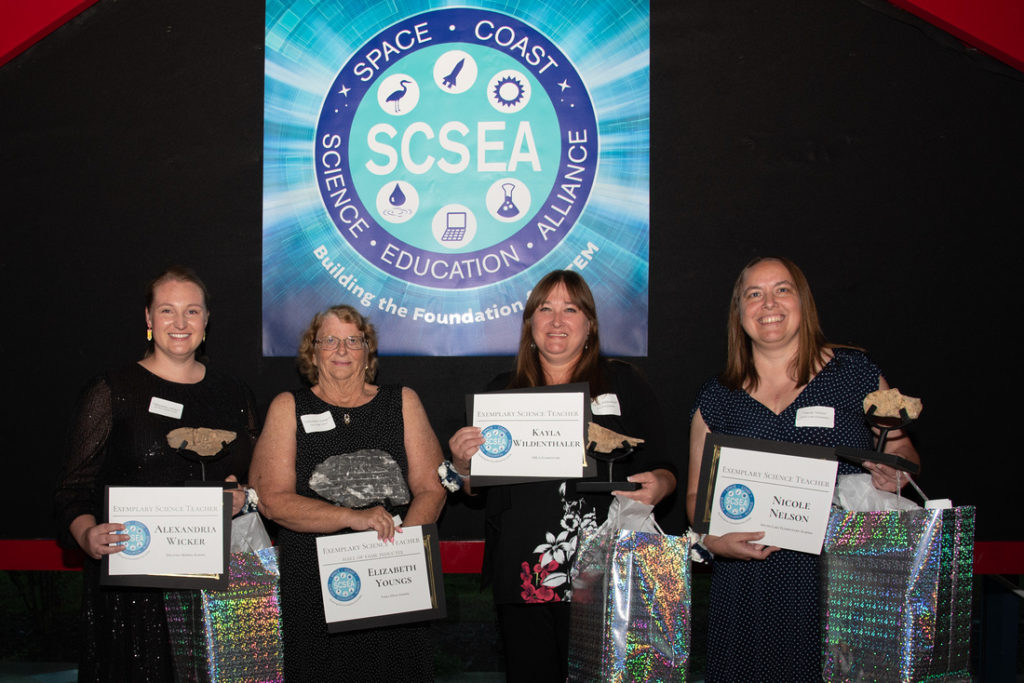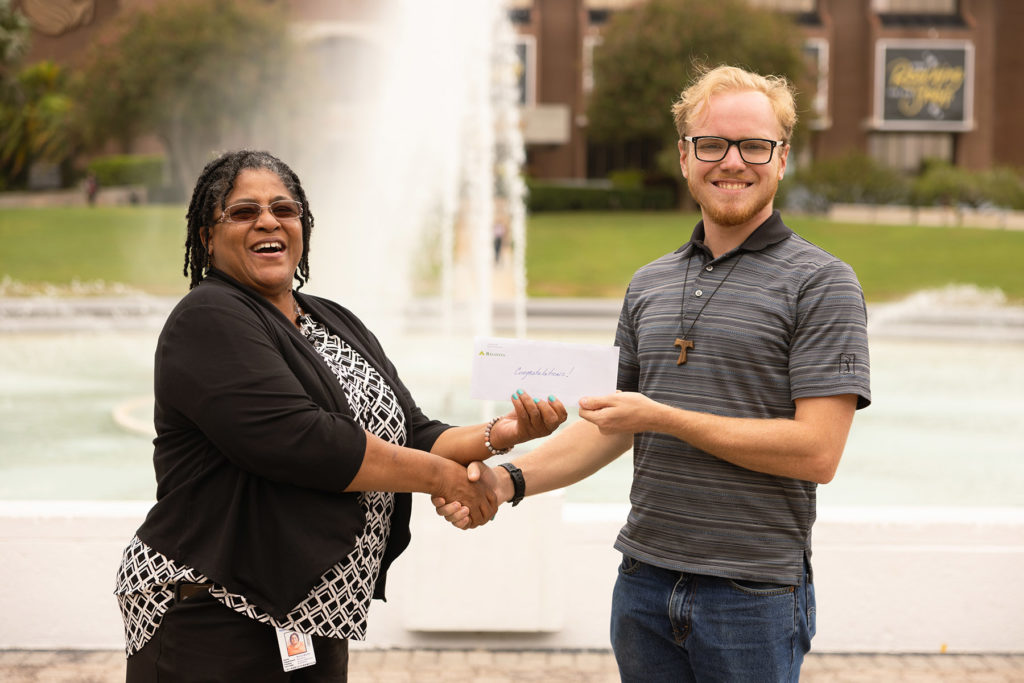By Janet McIlvaine and Sherri Shields.

As the nation pays tribute to the late and former President Jimmy Carter, FSEC remembers him especially for his advocacy for energy efficiency and affordable housing. From establishing the U.S. Department of Energy, and installing the first solar panels on the White House, to building houses with Habitat for Humanity, President Carter’s solar and humanitarian legacy lives on.
The hand prints of Jimmy and Rosalyn Carter are on Habitat for Humanity homes around the world. They were there, diligently working alongside 104,000 volunteers to build 4,390 homes in 14 countries during their more than 35-year partnership with Habitat for Humanity International.
While this year also marks the Florida Solar Energy Center’s 50th anniversary, we reflect on FSEC’s contributions. Funded by the U.S. Department of Energy’s Building America program, FSEC focused on making “affordable housing” truly more affordable by incorporating energy-efficiency in the design process.
FSEC provided technical assistance, energy design, volunteer training, and on-site implementation leadership at six Jimmy and Rosalynn Carter Work Projects from 1997-2007, resulting in 236 high-performance and ENERGY STAR®-certified homes in Michigan, Alabama, Georgia, New York, California, Kentucky, Louisiana and Texas. Read more


